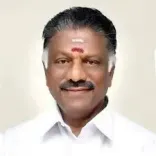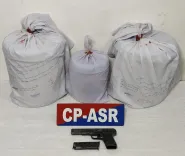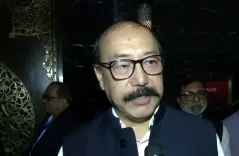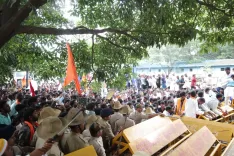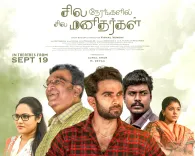Will MoS Bandi Sanjay Engage in Dialogue with Maoists?
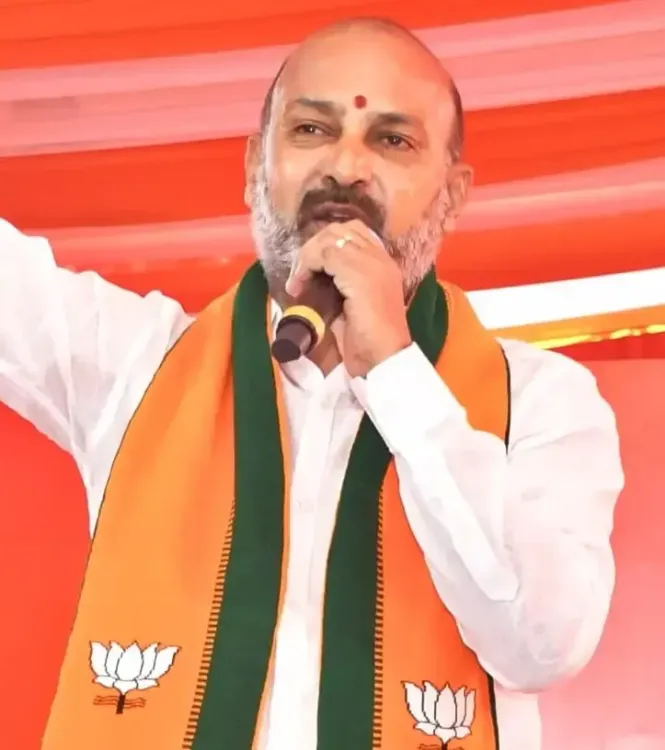
Synopsis
Key Takeaways
- Bandi Sanjay rejects talks with Maoists unless they disarm.
- The CPI (Maoist) calls for a halt to military operations.
- Political leaders are divided on the approach to handling Maoist violence.
- Dialogue is seen as essential for peace, but only after violence is abandoned.
- Ongoing tensions highlight the complexities of the situation.
Hyderabad, April 4 (NationPress) Union Minister of State for Home Bandi Sanjay Kumar firmly stated on Sunday that there will be no discussions with Maoists unless they renounce violence and surrender their weapons.
He emphasized that negotiations are not an option for those who resort to violence and endanger innocent lives.
At a media briefing in Kothapally, located in Karimnagar district, he reiterated that there is absolutely no consideration for talks with the illegal Communist Party of India (Maoist).
Bandi Sanjay reminded everyone that it was the Congress party that initially prohibited the activities of the Maoist group.
"Maoists have been responsible for the deaths of numerous leaders across various parties, including Congress, BJP, and TDP. They have committed violent acts against innocent civilians, causing immense emotional distress to countless families. We will not engage in dialogue with them until they cease all acts of violence," he stated.
The Minister also pointed out that left-wing extremists have harmed many innocent tribal individuals by labeling them as police informants.
Recently, the CPI (Maoist) issued a renewed call to halt the current military operations against their group and expressed a willingness for negotiations.
The banned organization urged the government to suspend the ongoing 'Operation Kagar' for a month to foster a conducive atmosphere for potential peace talks aimed at resolving the issue through dialogue.
In this context, senior Congress leader and advisor to the Telangana government, K. Keshava Rao, has also called on the Centre to pause 'Operation Kagar' and consider engaging in peace talks with the Maoists.
The former MP expressed strong disapproval of the anti-Maoist campaign initiated by the Union Home Ministry.
He acknowledged that while violence has no place in a democratic society, it is crucial for the state to address Maoist violence with strategic response. He conceded that police and military forces cannot simply remain passive in the face of extremist violence.
Keshava Rao urged the Union Government to favorably consider the extremist groups' proposal for dialogue aimed at peace, asserting that such discussions typically precede the disarmament of these groups and the abandonment of violence as a principle.
"Engaging in meaningful dialogue is the most effective strategy to halt violence," Rao concluded.

